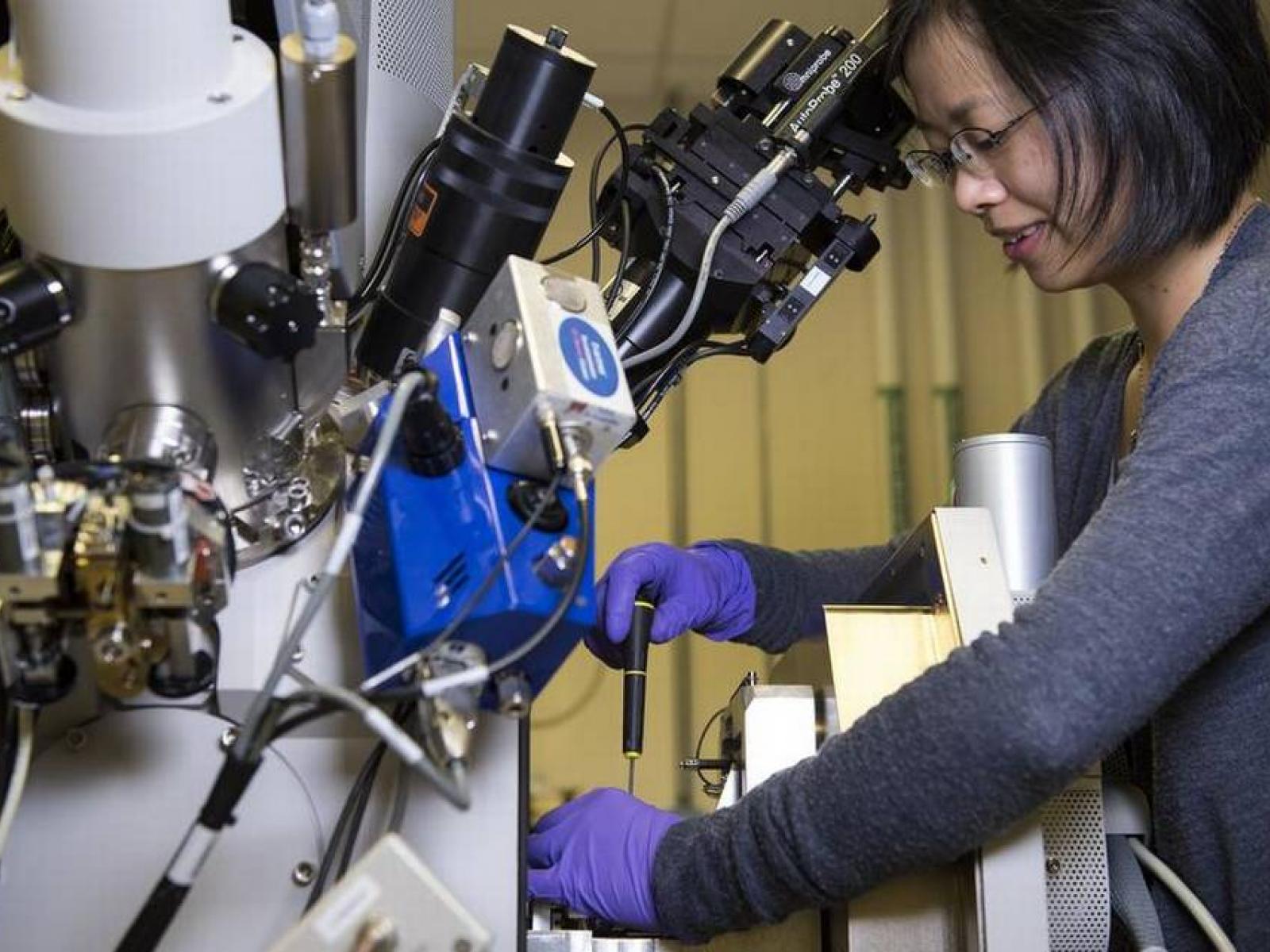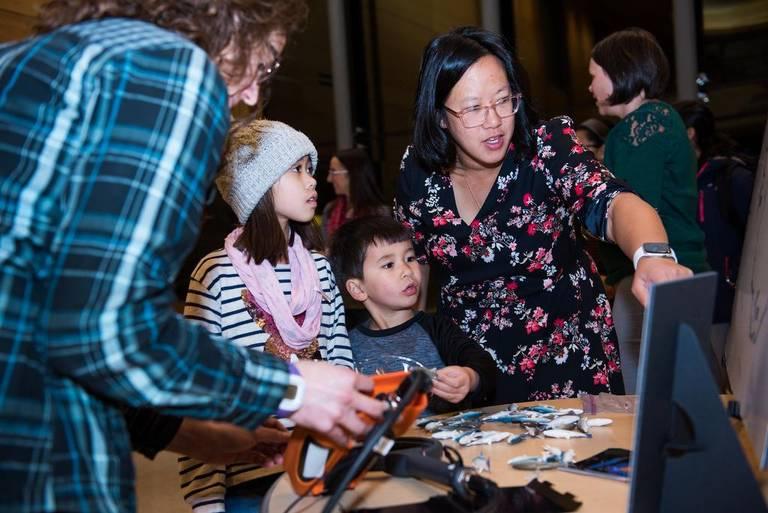Pacific Northwest National Laboratory: PNNL’s Commitment to Transform the World
Transforming the world through science and technology

Materials scientist Ziqing Zhai and her colleagues at PNNL are working to advance the frontiers of knowledge, enhance energy resiliency and strengthen national security. COURTESY PNNL
Published: April 18, 2019
